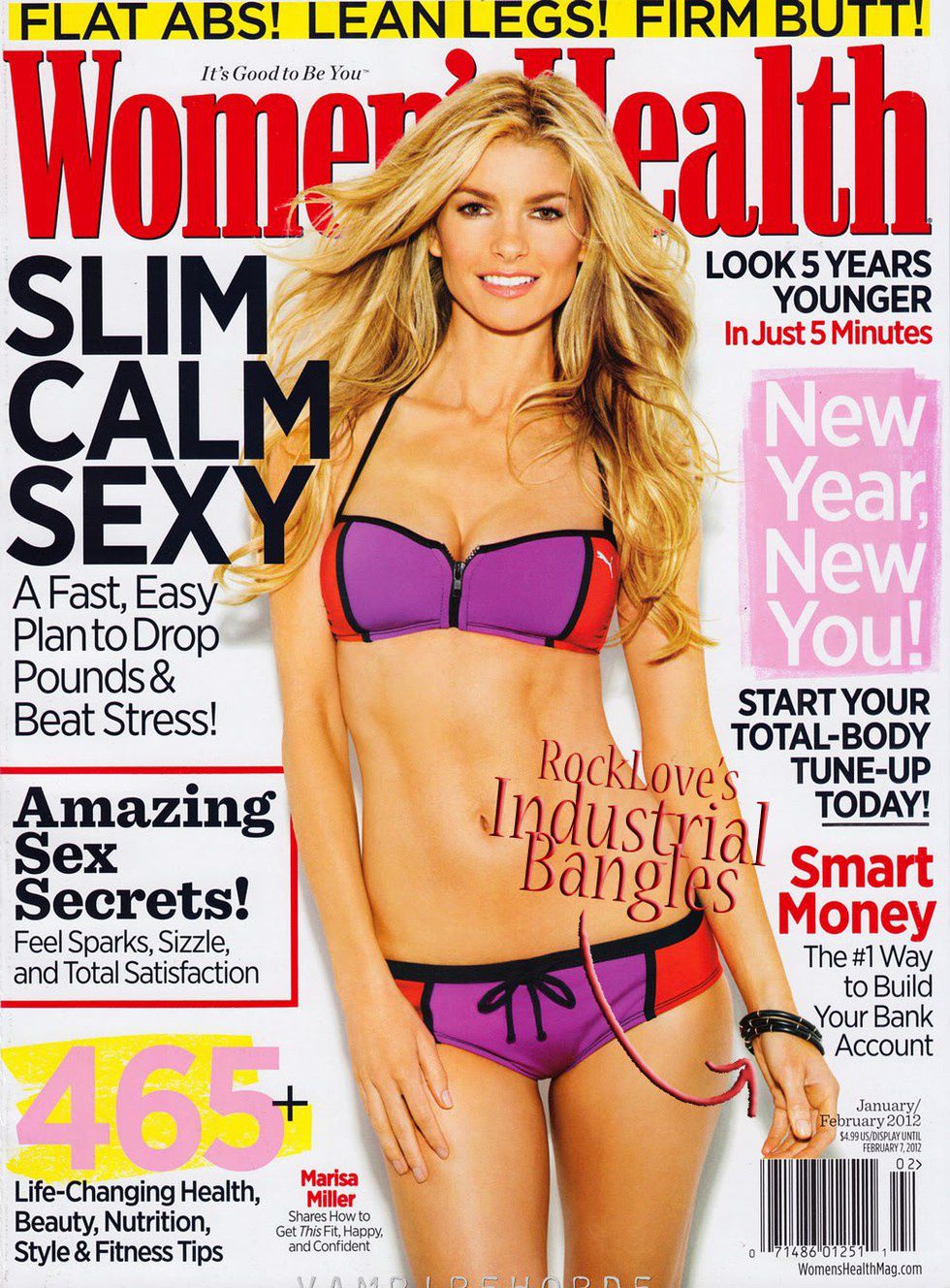Sir Mix-a-Lot isn’t interested unless your hip to waist ratio is 36-24-36. Meghan Trainor claims that men prefer women with a little more bass. And YouTuber Nicole Arbour is 100% behind fat shaming. While these messages might be mixed, they have one common effect on large portions of their consumers: your body is not enough to please society.
These messages can be traced back to images in the media that have become popularized: the skinny, happy woman with an ass and the macho, thin man who only cares about what workouts he’ll be doing tomorrow. The thin ideal is the idea that thinness is desirable while “fatness” is deplorable, and it’s been around for so long that it has been internalized (become accepted as a norm) in today’s society.
The internalization of the thin ideal causes body dissatisfaction, which can lead to major behavioral outcomes such as eating disorders, plastic surgery, and steroid use. While most girls and women are dissatisfied with some aspect of their physical appearance, a good amount of men also feel the same way. There are differences, though, in the way each gender is introduced to and deals with their body dissatisfaction.
The media often applaud women for any kind of weight loss, and (according to a Fouts & Burggraf study), for women, being heavier is often associated with punishment by men in the media. For instance, a season five Thanksgiving episode of Friends (The One With the Thanksgiving Flashbacks) shows a heavier Monica being made fun of for her weight.
Along with the punishment for being heavy and praise for being skinny, the use of Photoshop on women in the media has largely been ignored until recently, making consumers believe that the bodies of models actually exist. Women often compare their bodies to the fake ones that they see in the media, once again leading to body dissatisfaction.
Men are often ignored in discussions about body image, but they are just as affected by media as women. Men in the media are depicted as incredibly buff, thin action figures. Recently, male body image concerns have increased dramatically. (For instance, in the past three decades, body dissatisfaction among men has increased from 15 percent to 43 percent) And while the media tells women to only be largely concerned with their weight and the size of their butts, men are told to worry about their weight, body shape, and strength.
Men are also often influenced by athletics – particularly the sports that emphasize appearance, weight requirements, and muscularity; and that focus on the individual rather than the team. Within men’s athletics, there is an overvalued belief that lower body weight is equal to improved performance. A huge problem with body dissatisfaction and behavioral outcomes among men is that they are much less likely to seek help with eating disorders.
Luckily, though, there is hope for the future. Body positive movements have started to become mainstream, focusing on different body types, un-retouched women, and more on how the body feels than what it looks like. The next step for this movement is undoubtedly a focus on the different body types of men. If the media continue to move in this direction, perhaps the internalization of the thin ideal will eventually disappear.










































